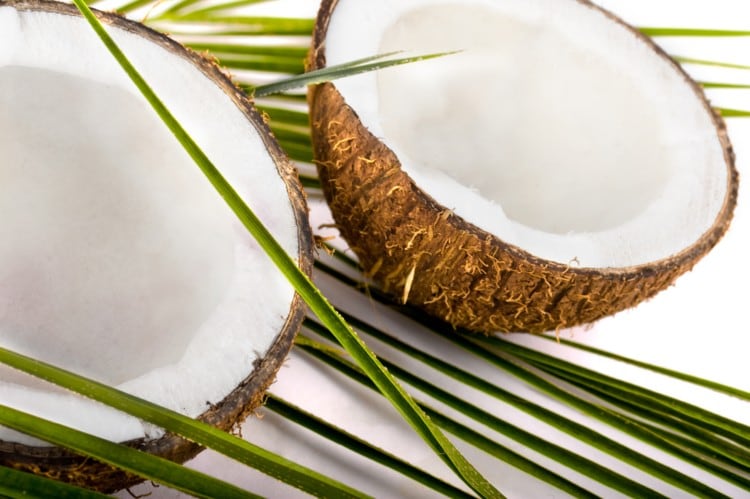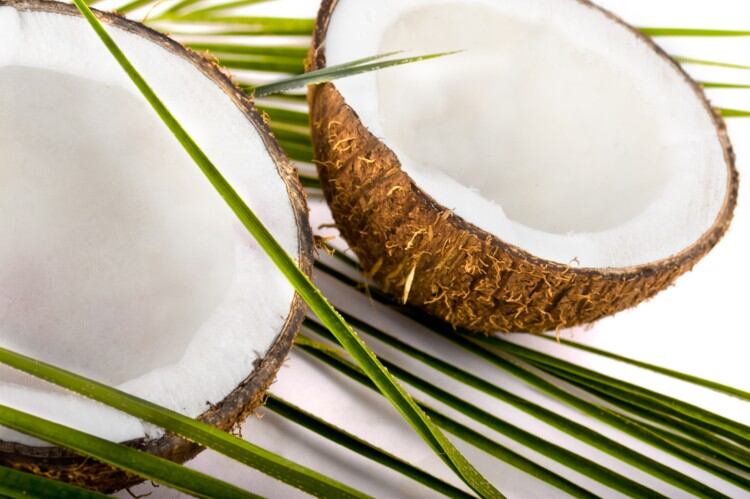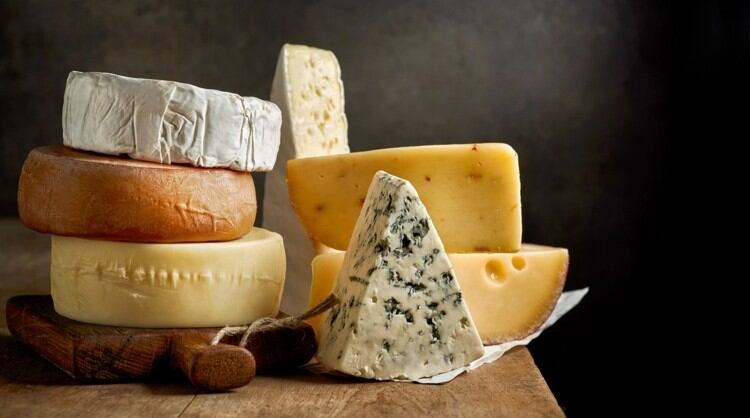Harvard T. H. Chan School of Public Health Dean Dr Michelle Williams wrote an email response to Dr B. N. Srinivasa Murthy, Horticulture Commissioner of India, which FoodNavigator-Asia has read, courtesy of Dr Murthy.
Dr Murthy wrote the original strongly-worded letter to Dr Williams, calling for a retraction of the statement.
In the email, Dr Williams clarified that Dr Karin Michels, who first gave the lecture describing coconut oil as ‘pure poison’, is not a ‘Harvard professor’.
“We are aware of media coverage of Dr Michels giving a talk in which she mentioned coconut oil,” wrote Dr Williams.
“Media reports have referred to Dr Michels as a ‘Harvard professor’. This is misleading. She has an appointment as an adjunct professor, which she retains because she will be mentoring a student.”
However, Dr Williams declined to issue a full retraction of the ‘pure poison’ statement, adding that it is “[not policy] to comment on the research or individual comments of faculty associated with the School in any manner.”
“[They] are speaking on behalf of themselves and their research findings and not on behalf of the institution.”
“We believe this policy is critical to maintaining an environment that supports the free expression of ideas and encourages debate.”
Sharing his response with FoodNavigator-Asia, Dr Murthy reacted to the email positively, saying: “I am happy that Harvard University finally disowned [sic] the imprudent statement made by Dr Karin Michels [calling it an individual statement] and not of the Institution [sic].”
“This move will keep the sanctity and the image [of Harvard] at highest level [sic].”
The original ‘pure poison’ statement
The original lecture in which Dr Karin Michels had described coconut oil as ‘pure poison’ and ‘one of the worst foods you can eat’ was posted on Youtube earlier this year.
Entitled ‘Coconut oil and other nutritional errors’, the lecture was conducted in German and rapidly attained viral status.
As at September 19, the video can no longer be found online. Previously, it had garnered over 1.4 million views.
Dr Michels is the director of the Institute for Prevention and Tumour Epidemiology at the University of Freiburg.
Counter-arguments
Dr Michels described the consumption of coconut oil to be more damaging than lard due to its saturated fatty acid content.
This was seconded by the American Heart Association, which previously in 2017 had updated guidelines advising the replacement of saturated fats with unsaturated fats in one’s diet.
This was in hopes of reducing the risk of cardiovascular disease. According to the National Health Service (NHS), saturated fats overconsumption will lead to a rise in one’s bad cholesterol, which then increases the risk of heart disease.





